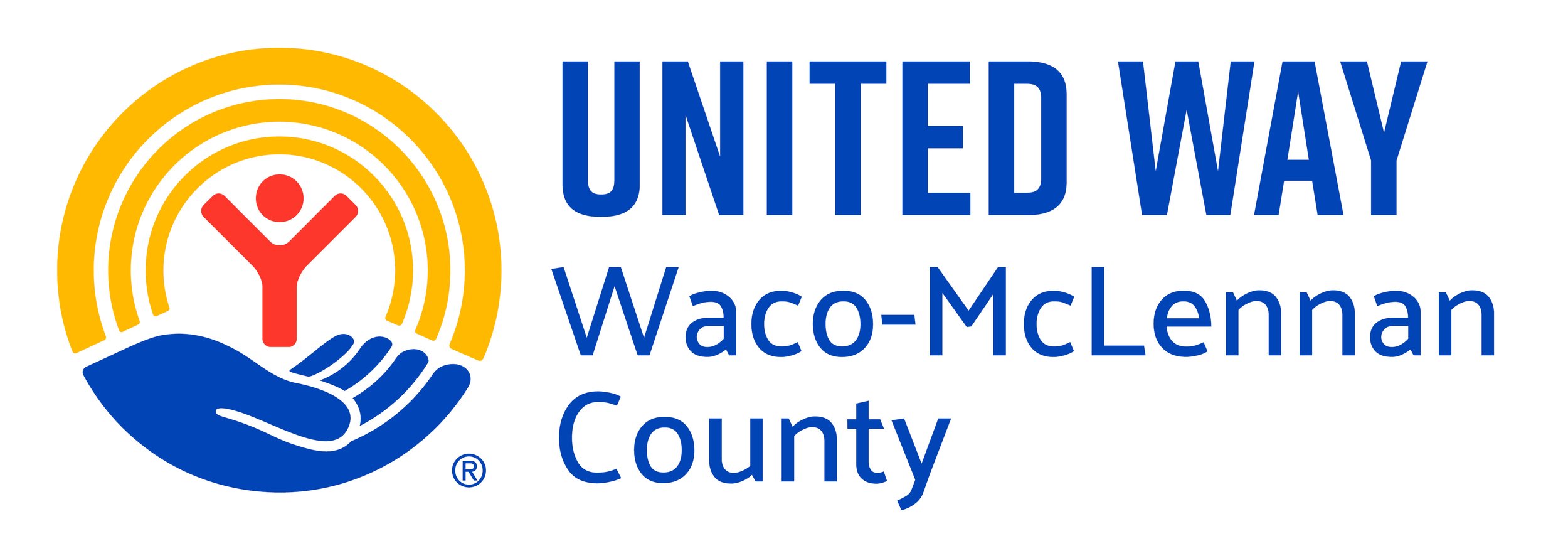Transformation Waco (TW) is celebrating significant progress in addressing chronic absenteeism, seeing a 13 point reduction across its four schools in 2022-2023. Chronic absenteeism, defined as a student missing more than 10% of the required school year, sat at 35% in 2021-2022 and improved to 22% last school year, representing a 37% decrease.
The Transformation Zone—encompassing Alta Vista, Brook Avenue and J.H. Hines elementary schools and G.W. Carver Middle School—experienced improvements at every campus, seeing double-digit reductions in chronic absenteeism.
Alta Vista: 26% (2021-22) to 14% (2022-23) — a 12 point decrease equating to a 46% reduction
Brook Avenue: 23% (2021-22) to 19% (2022-23) — a 4 point decrease equating to a 17% reduction
J.H. Hines: 42% (2021-22) to 24% (2022-23) - an 18 point decrease equating to a 42% reduction
G.W. Carver: 43% (2021-22) to 31% (2022-23) — a 12 point decrease equating to a 28% reduction
The organization prioritized improving its chronic absenteeism rate following an unprecedented post-pandemic surge in absences in 2021-2022.
“One out of three TW students missed 18 days or more of school in 2021-2022,” said Transformation Waco CEO Dr. Robin McDurham. “The omicron strain of COVID-19 caused substantial peaks in cases that year and higher numbers of absences nationwide. Chronic absenteeism is exacerbated by systemic inequities like housing and food insecurity, inadequate access to mental health support and necessities like clothing, lack of electricity, and transportation difficulties. When students miss 10% of their school year, they’re more likely to see reductions in math and reading achievement, decreased social and emotional engagement, and a significantly increased probability of dropping out of high school.”
McDurham noted that TW relied on its holistic student and family support system to tackle these attendance barriers.
“Every TW campus has attendance and coordination of care teams that are crucial links between schools and parents. These teams create individualized care plans responsive to each student’s needs and circumstances. They collaborate with families to uncover the root causes of absences and connect families to community partners that provide social services and case management,” said McDurham.
Integrated supports, known as wraparound services, are the basis of TW’s personalized student care plans. These include on-campus programs and services such as free afterschool and tutoring, mentoring, licensed clinical social workers for mental health, eye examinations and glasses, and telehealth care with Waco Family Medicine.
“Wraparound services are fundamental to our community schools strategy. We treat schools as neighborhood hubs where staff and community partners provide direct services to students and families. For example, students do not need to miss a school day to see the doctor or have a mental health appointment. If a family feels disconnected from school, our community school specialists build relationships by doing home visits and reassuring them that caring adults are at school for their children. These comprehensive strategies helped us reduce chronic absenteeism and improve student academic performance. In 2022-2023, 65% of students who received one or more wraparound service improved their attendance compared to the previous school year,” said McDurham.
The Zone’s overall 13 point decrease in chronic absenteeism from 35% to 22% — a 37% reduction — is especially noteworthy considering national trends that showed 11 states that reported attendance data from the 2022-23 school year had a combined chronic absenteeism rate decrease of 2.2 points, from 30% to 27.8%, equating to a 7% reduction.
Although complete national data is unavailable due to some states like Texas not releasing their 2022-2023 chronic absenteeism figures, some districts have reported reductions in chronic absenteeism. A report from Attendance Works, a national nonprofit that supports schools in reducing chronic absences, recommends four approaches to stem the high tide of absenteeism: Family Engagement, School Connectedness, Community Schools, and Expanded Access to Health Service.
“TW has continuously implemented these strategies and shown they positively affect student academic performance and improve attendance. Reducing chronic absenteeism is a community challenge that requires a community response. Our success will continue to rely on maintaining strong relationships with students, families and community partnerships, working together to close equity gaps,” said McDurham.

